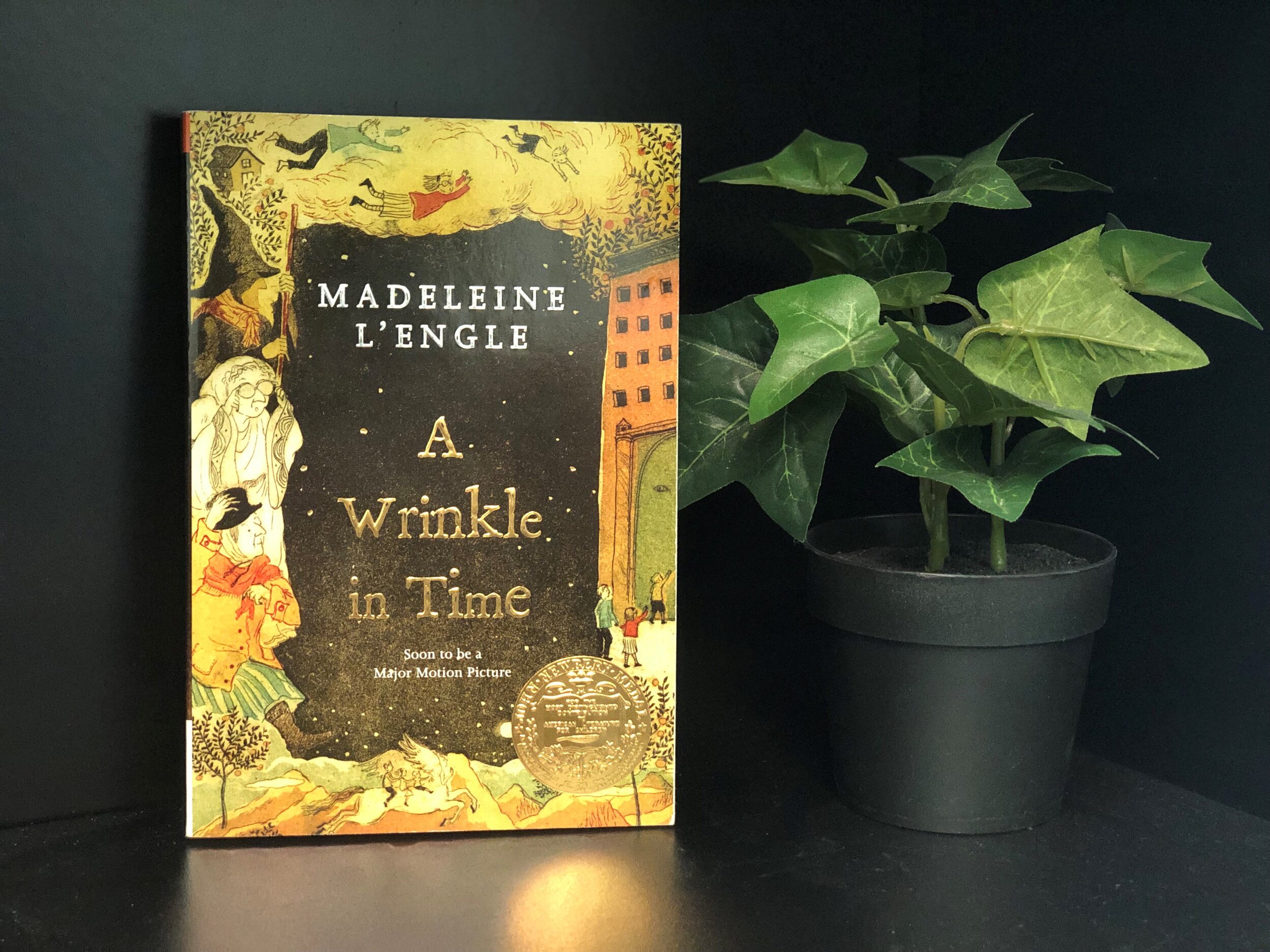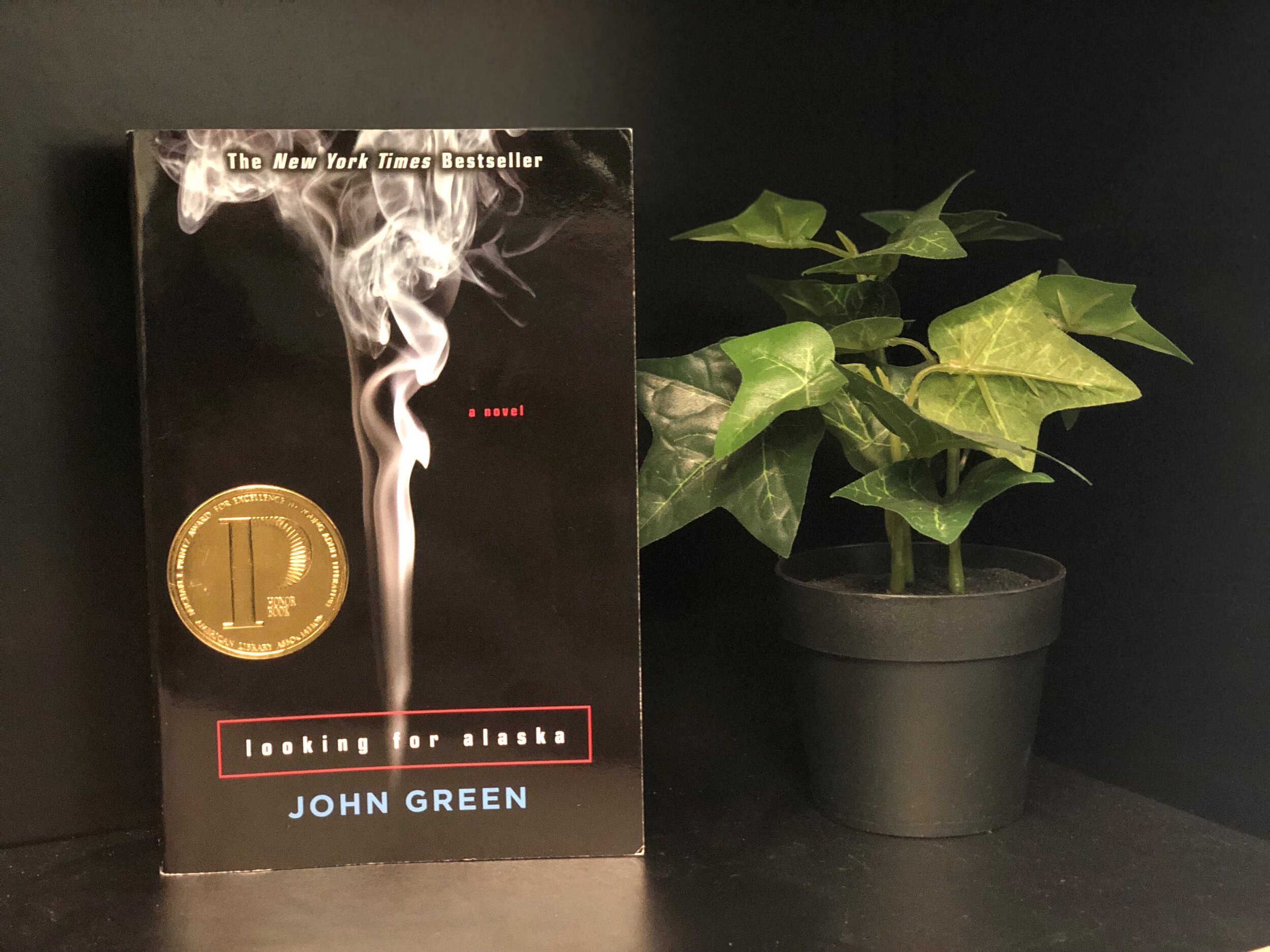By Omar Jawdat, Blog Intern
Banned Books Week (Sept. 22 - Sept. 28) recognizes the intellectual freedom to read and express opinions. It also brings to attention the current and historical attempts to censor certain books in schools and libraries, which deprives students the ability to explore new ideas and learn about the issues we face in the world. That is why Banned Books Week aims to bring book communities together (librarians, booksellers, teachers, journalists, authors, publishers, and readers of all types) to freely express their ideas and possess the freedom to explore different varieties of books, despite whether or not it’s considered popular or appropriate.
Censorship of books is a deprivation of one’s curiosity to explore and expand one’s thinking, knowledge, or broaden life perspectives. Censoring books could also prevent socio-political progression and innovation. That is why at Words Alive, we support Banned Books Week and the spotlight it places on issues surrounding censorship.
Examples of Banned Books:
The Hate U Give by Angie Thomas
Starr Williams is a ‘16-year old girl who navigates between her poverty-stricken neighborhood and the wealthy suburban prep school she attends. She is also the sole witness to the police shooting of her best friend Kahlil, who is unarmed but may or may not have been a drug dealer.’
This story has been attacked by ‘would-be censors’, such as officials in Katy, Texas, claiming that it contains a “‘perversely vulgar” depiction of drug abuse, profanity, and offensive language.” The book was inspired by the Black Lives Matter Movement, which raises attention to the continued existence of prejudice and police violence, as witnessed by the main character of the YA novel, Starr Williams. However, thanks to Ny’Shira Lundy, a teenage student in the school’s district, 4,000 signatures on a petition were gathered, calling for the restoration of the book. Students are still required to get parental permission for access of the book.
According to Ny’Shira Lundy, The Hate U Give inspired her style of writing. She was able to connect with the character Starr, as she also attended a predominantly white prep school, where she struggled to find her own voice.
1984 by George Orwell
‘The main character, Winston Smith, is a civil servant of the ironically-named Ministry of Truth, responsible for carrying out the State’s historical revisions in order to maintain control over the individuality and intellect of the people’.
The novel has been repeatedly banned and challenged, due to its content of nationalism (pro-communism), sexual themes, and themes around control, censorship, and privacy. In 1950’s communist Russia, the book was burned under Stalin and the USSR. Ownership meant possible arrest until 1990, when it was accepted again in the country after content-editing. In 1980, the book was also banned in Jackson County, Florida for its explicit sexual content. From 2009-10, Amazon deleted it from its kindle databases due to its controversy.
Ironically, 1984 raises important issues concerning communism and the eerie thought of an abusive, overpowering government. The novel also represents dystopian genres in literature. ‘Dystopia’ refers to an imagined state of future society, where injustice and totalitarianism dominates a certain environment.
A Wrinkle in Time by Madeleine L’Engle
This novel tells of a story about a girl named Meg Murry, who travels through time and space in order to save her father from evil forces. Much of the novel’s thematic aspects involve religious ideology, mixed with a sense of radical ideas that intertwine science and religion. The book was frowned upon by the Christian community, labeling the novel as ‘unorthodoxy’ and ‘heretical’. Other viewers claimed that the book ‘encouraged witchcraft, or heretically conflated Christianity with the occult.’
L’Engle believes in an overlying concept of spirituality and science coexisting together. The idea of putting figures such as Jesus, Gandhi, Einstein, and Bhudda in the presence of each other and fighting against the forces of evil challenged and went against Christian principles. Christians assumed that L’Engle was giving the implication that these four figures were of equal significance to each other. The Disney movie’s adaptation omitted aspects of the novel that originally contained depictions of science and religion mixed together.
Looking for Alaska by John Green
Written from the perspective of Miles, the story tells of a male teen who leaves his high school and joins a co-ed boarding school and ventures out to a new exciting journey. In this new school, Miles joins a social circle where he meets another character, Alaska, a rebellious poetic prankster who alters Miles’ life.
This YA novel was challenged due to its explicit sexual content between two teenagers. In 2012, Knox and Sumner County High Schools from Tennessee removed the book from the school’s curriculum, after a parent raised issues of its explicit language, ‘encouraging sexual experimentation’, and a ‘sexual gateway’ for teens. In Marion County, Kentucky, the book was also claimed to contain scenes of drug and alcohol use.
“Looking for Alaska ranked No. 6 on the American Library Association’s Top Ten Challenged Books of 2016.”
The Handmaid’s Tale by Margaret Atwood
“Set in the near future, The Handmaid’s Tale describes life in what was once the United States and is now called the Republic of Gilead, a monotheocracy that has reacted to social unrest and a sharply declining birthrate by reverting to, and going beyond, the repressive intolerance of the original Puritans… The story is told through the eyes of Offred, one of the unfortunate Handmaids under the new social order.”
This book has been banned from certain U.S. and Canadian high schools due to its sexual degradation of women, religion, and political controversy. In 2008, a parent from Toronto claimed that the novel used “profane language” and “anti-Christian tones” that were deemed inappropriate for 12th grade English classes. A superintendent of the Judson school in Texas removed the book from the English curriculum. “In doing so, the superintendent overruled the recommendation by a committee of teachers, students, and parents. The committee appealed the decision to the school board, which overruled the superintendent in 2006.”
Brown Bear, Brown Bear, What Do You See? By Bill Martin Jr.
In 2010, the Board of Education in Texas mistakenly banned the book, due to a confusion in the author’s name. A board member confused the author, Bill Martin Jr., with Bill Martin, the author of Ethical Marxism: The Categorical Imperative of Liberation.
Nonetheless, the Huffington Post asks: “Why would the political implications of an author’s work for adults be reason to ban his book for children?” The Texas Board of Education perhaps feared that children who enjoy this book would lead to a ‘slippery slope’ to those same students reading Bill Martin’s books in the future. The HuffPost also raised the question: “Was the board afraid that children who enjoyed Brown Bear, Brown Bear, What Do You See? would decide to then read Bill Martin’s complete oeuvre, moving to Polar Bear, Polar Bear, What Do You Hear? — and his other 298 or so books for children — and then quite naturally onto Ethical Marxism?”
Sources:
www.ala.org/advocacy/bbooks/banned
bannedbooksweek.org/banned-spotlight-the-hate-u-give/
ncac.org/news/blog/how-i-became-a-lit-activist-a-5-step-guide
www.dorrancepublishing.com/censored-story-five-banned-books/
world.edu/banned-books-awareness-1984/
www.bannedlibrary.com/podcast/2016/12/28/nineteen-eighty-four-1984-by-george-orwell
www.history.com/news/wrinkle-in-time-banned-christian-controversy
www.oif.ala.org/oif/?p=9315
entertainment.time.com/2007/10/02/top-10-book-controversies/
www.freedomtoread.ca/challenged-works/the-handmaid%E2%80%99s-tale/#.XYPMHihKhPZ
www.huffpost.com/entry/texas-education-board-acc_b_449356
/www.csmonitor.com/Books/2012/1003/30-banned-books-that-may-surprise-you/Brown-Bear-Brown-Bear-What-Do-You-See-by-Bill-Martin-Jr






